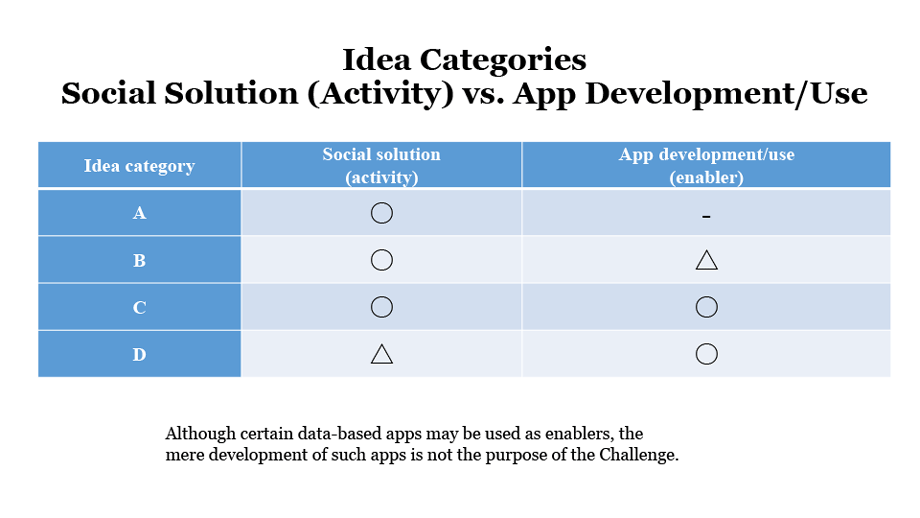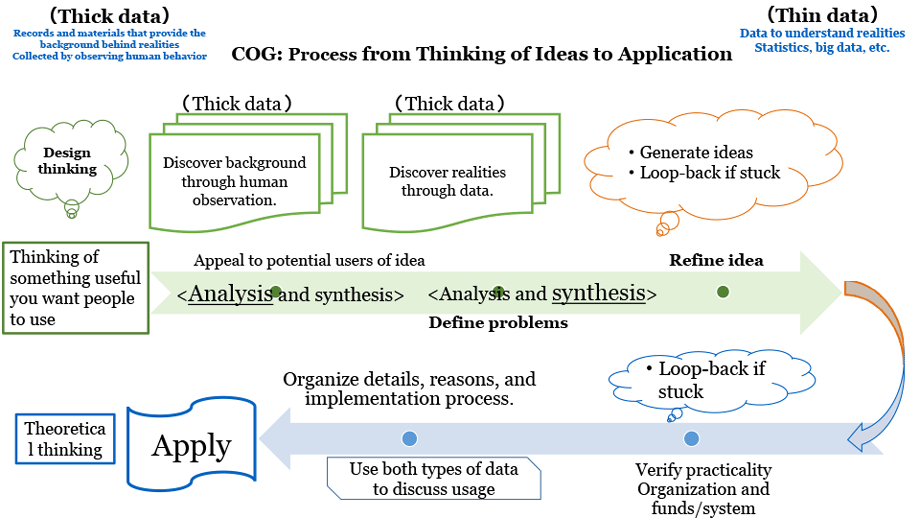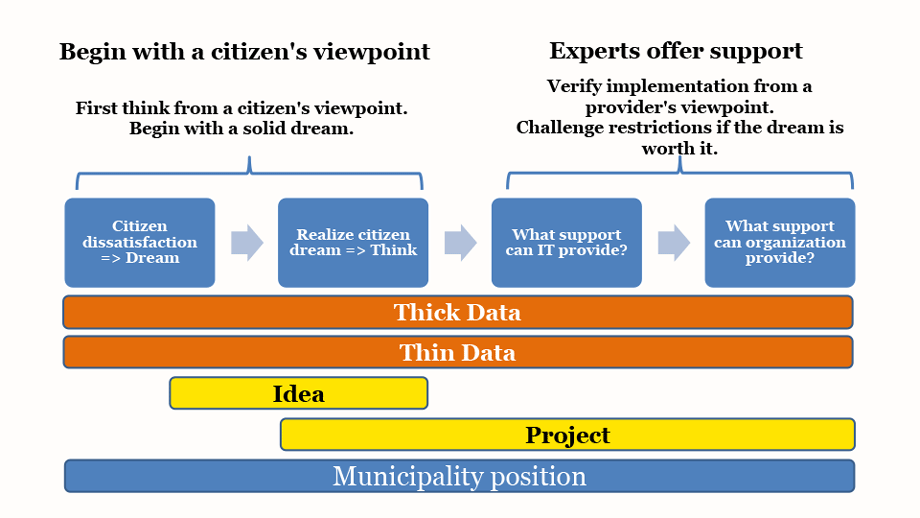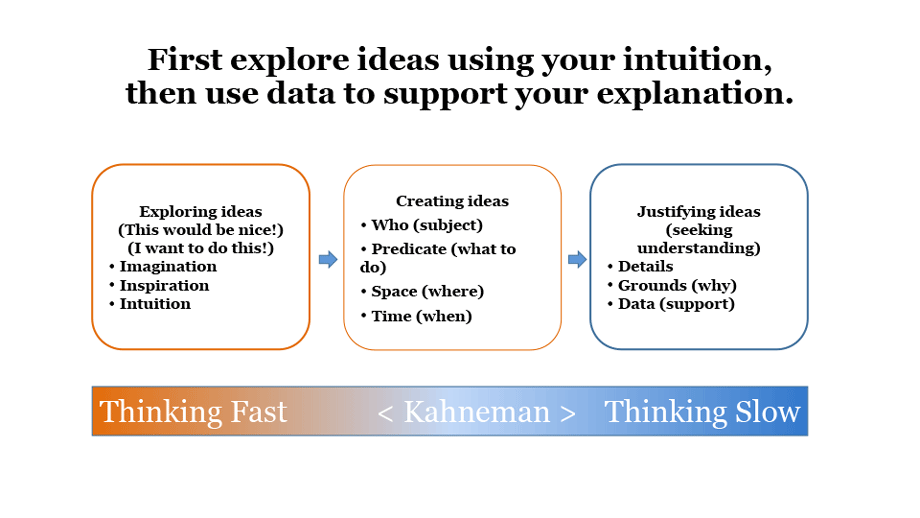Primary screening results一次選考結果
After conducting a primary screening of documents, the COG2017 review committee selected ideas to be treated as follows during the open review (March 4th).
- - 13 ideas for open review on March 4th
- - 8 ideas for the mini presentationspresentation and poster exhibition on March 4th
- - 21 ideas for the poster exhibition on March 4th
Out of 59 submissions, 13 ideas were selected for the final open review!
- - Click a regional issue to view details.
- - Ideas other than the 13 below are introduced, along with regional issues for each municipality (this includes ideas from teams that will be submited during the mini presentations and poster exhibition on the day of the final open review).
- - A list of all submissions can be downloaded here.
-
DATECAREER
Miyagi-ken, Sendai-city9. Other: Employment
Regional Issue: Promotion of student attachment to the local area
Name of Idea: DATECAREER is a bridge between students and companies, destined to become a new platform for student career development.
-
STEM Leaders with Hanyu
Fukushima-ken, Aizuwakamatsu-city3. Local community, local transportation
Regional Issue: Use of moving vehicle data
Name of Idea: Connect with the region, snow clearance project
-
Street Design Research Organization x Meiji University Graduate School
Tokyo-to, Nakano-ku1. Aging society, elderly care, medical, health care5. Disaster prevention, crime prevention
Regional Issue: Promotion of regional comprehensive care system
Name of Idea: Visualization of data that includes area characteristics for early identification and care of frail individuals
-
Gomintia
Kanagawa-ken, Yokohama-city7. Local societal promotion
Regional Issue: Fostering civic pride
Name of Idea: Community development beginning with community cleanup
-
minamoto
Kanagawa-ken, Kamakura-city1. Aging society, elderly care, medical, health care
Regional Issue: Fulfillment of seniors’ second life through employment
Name of Idea: Creation of jobs for seniors at temple guesthouses: turning Kamakura into a tourist attraction that meets world standards
-
OPEN KANAZAWA Ver.1
Ishikawa-ken, Kanazawa-city2. Childcare, family, education
Regional Issue: Childcare support during school vacation periods
Name of Idea: Pinpoint utilization of unique human resources like non-profit organizations and the city’s cultural facilities! Short-term childcare using app-based personnel and facility registration.
-
CLIP
Shizuoka-ken, Makinohara-city3. Local community, local transportation
Regional Issue: Create a local society of co-support, where people can express their ideas with peace of mind
Name of Idea: Local leader development project for using dialogue to foster the ability to take action
-
Suihouzan (Water plants are a mountain of treasure)
Shiga-ken, Otsu-city4. Environment, energy
Regional Issue: Efficient usage of free-floating plants in the Lake Biwa area
Name of Idea: Organizing a citizen-based social mechanism for efficient usage of water plants in the Lake Biwa area
-
Kyoto History and Townscape Communication Corps
Kyoto-fu, Kyoto-city
1. Aging society, elderly care, medical, health care3. Local community, local transportation4. Environment, energy5. Disaster prevention, crime prevention8. Tourism
Regional Issue: Aiming for sustainable tourism and transport by combining tourism resources, such as open data and bicycles
Name of Idea: Bicycles linking people, towns, nature, and culture! – chariP naVi and collaborative community design
-
Team Bicycle City Kyoto!
Kyoto-fu, Kyoto-city
1. Aging society, elderly care, medical, health care3. Local community, local transportation4. Environment, energy5. Disaster prevention, crime prevention8. Tourism
Regional Issue: Aiming for sustainable tourism and transport by combining tourism resources, such as open data and bicycles
Name of Idea: Aiming for a safe and environmentally-friendly Kyoto: Project Bicycle City Kyoto!
-
Re:FURO OSAKA
Osaka-fu, Osaka-city
1. Aging society, elderly care, medical, health care2. Childcare, family, education3. Local community, local transportation5. Disaster prevention, crime prevention7. Local societal promotion
Regional Issue: Revitalization of local communities: community development with reciprocal connection and support among people
Name of Idea: Re: FURO OSAKA Project
-
Sakura
Yamaguchi-ken, Ube-city
1. Aging society, elderly care, medical, health care2. Childcare, family, education4. Environment, energy7. Local societal promotion8. Tourism
Regional Issue: Ideas promoting regional planning
Name of Idea: “Cooperative creation with the region’s elderly” – After-school program with meals
-
One-touch Accessible Toilet Search Creation Association
Yamaguchi-ken, Ube-city
1. Aging society, elderly care, medical, health care2. Childcare, family, education4. Environment, energy7. Local societal promotion8. Tourism
Regional Issue: Ideas promoting regional planning
Name of Idea: Collaborative development of an accessible toilet search app


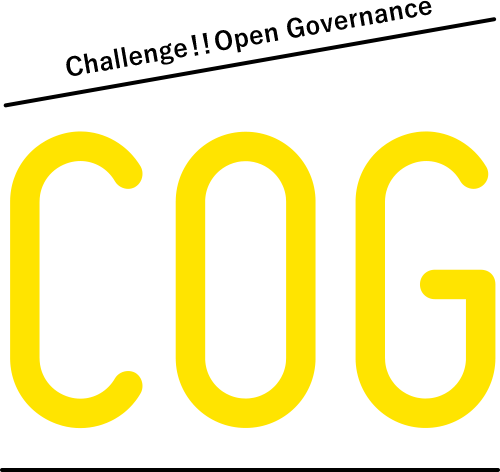





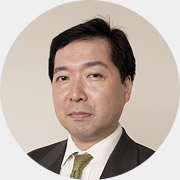

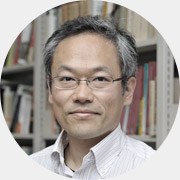
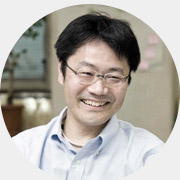
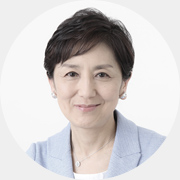
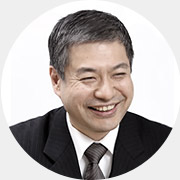
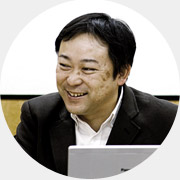



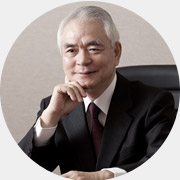
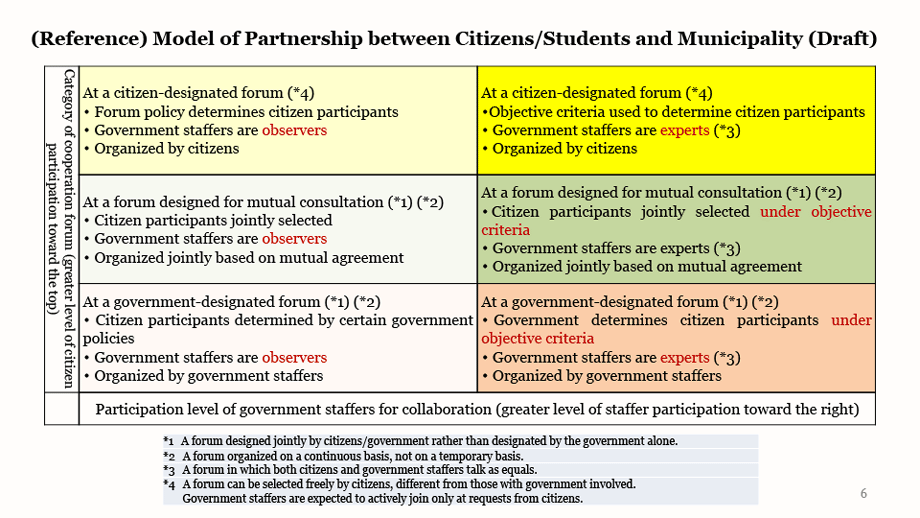
![[End of application acceptance]](img/application/img_application_close2.png)
![[End of application acceptance]](img/application/img_application_close2_sp.png)
